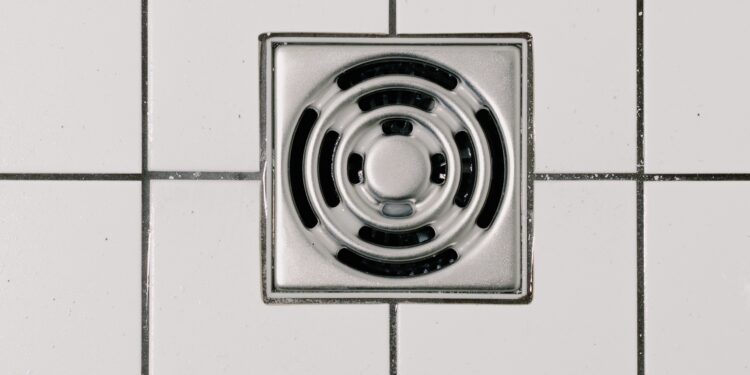Plumbing is often a very misunderstood part of home maintenance. While often neglected, plumbing issues will almost always force themselves onto your agenda at the most inconvenient times. Also, many plumbing issues can cause serious damage and ruin your home decor. Because of this, it is important to have at least an understanding of the different methods you can use to avoid having drain clogs in the first place. In this article, we will discuss ways to keep your drains free from blockage.
Use a Plunger or a Drain Snake
Plungers are inexpensive and easy to use, but they can only unclog smaller clogs. It would help if you did not use a plunger on clogs more than one inch in diameter, as these clogs require special equipment to remove them. If you do not have access to a drill or other drain-clearing tool, you can use a drain snake to clear large clogs from your drain lines.
Run Hot Water
Running hot water through the sink will help clear away any residue from the sink trap and help prevent future blockages from occurring. This method can be used for minor clogs that cannot be removed by plunging alone. After running hot water through the sink line, it may take several minutes before the water runs clear again.
Avoid Chemical Solutions
You might be tempted to use harsh chemicals on your drains, such as bleach or drain cleaners, to keep them free from blockages. However, these solutions can cause long-term damage if used too frequently or incorrectly. If you choose to use chemical solutions for cleaning your drains, always read the instructions carefully before applying the product and follow all safety precautions.
Pour Hot Water around the Drain
When you have a clogged drain, it’s important to use hot water when pouring it down the drain instead of cold water because cold water could make matters worse by causing the clog to harden further inside the pipes and traps of your plumbing system. Hot water will help dissolve any material causing the clog so that it can flow smoothly through your pipes again.
Dump Ice down the Drain.
Ice has been used for years to unblock sinks, tubs and drains. The theory is that the ice will expand and break up any debris in the drain. The downside to this method is that you may have to remove some of the ice with tongs or a plumber’s snake to get it out of the drain.
Be Mindful of What You Put Down Your Drains.
Many people pour grease down their drain on purpose (it’s cheaper than paying for garbage pickup), but grease clogs the drain quickly and can be difficult to remove once it thickens. Grease should never be poured down your sink or toilet, but if you’ve accidentally done so, there are several ways to fix this problem:
Pour hot water down the drain immediately after pouring grease down it to help dissolve it while it’s still liquid (it will solidify once it cools).
Pour hot water followed by vinegar down a clogged drain or pour baking soda and vinegar into a clogged sink or tub (this combination will bubble up like crazy).
Wrapping Up
It’s always a good idea to check your drains regularly by getting BDS Drainage, whether you have problems or not. One reason is that it helps you monitor if any build-ups could cause issues later. Some people always flush out their drains to be on the safe side, but you don’t have to do something like this for normal, healthy drains. Still, taking preventative measures never hurts and ensuring everything is up to par. After all, unexpected issues with your drains can cause trouble at home and business, ruining your day and making plumbing bills skyrocket.







